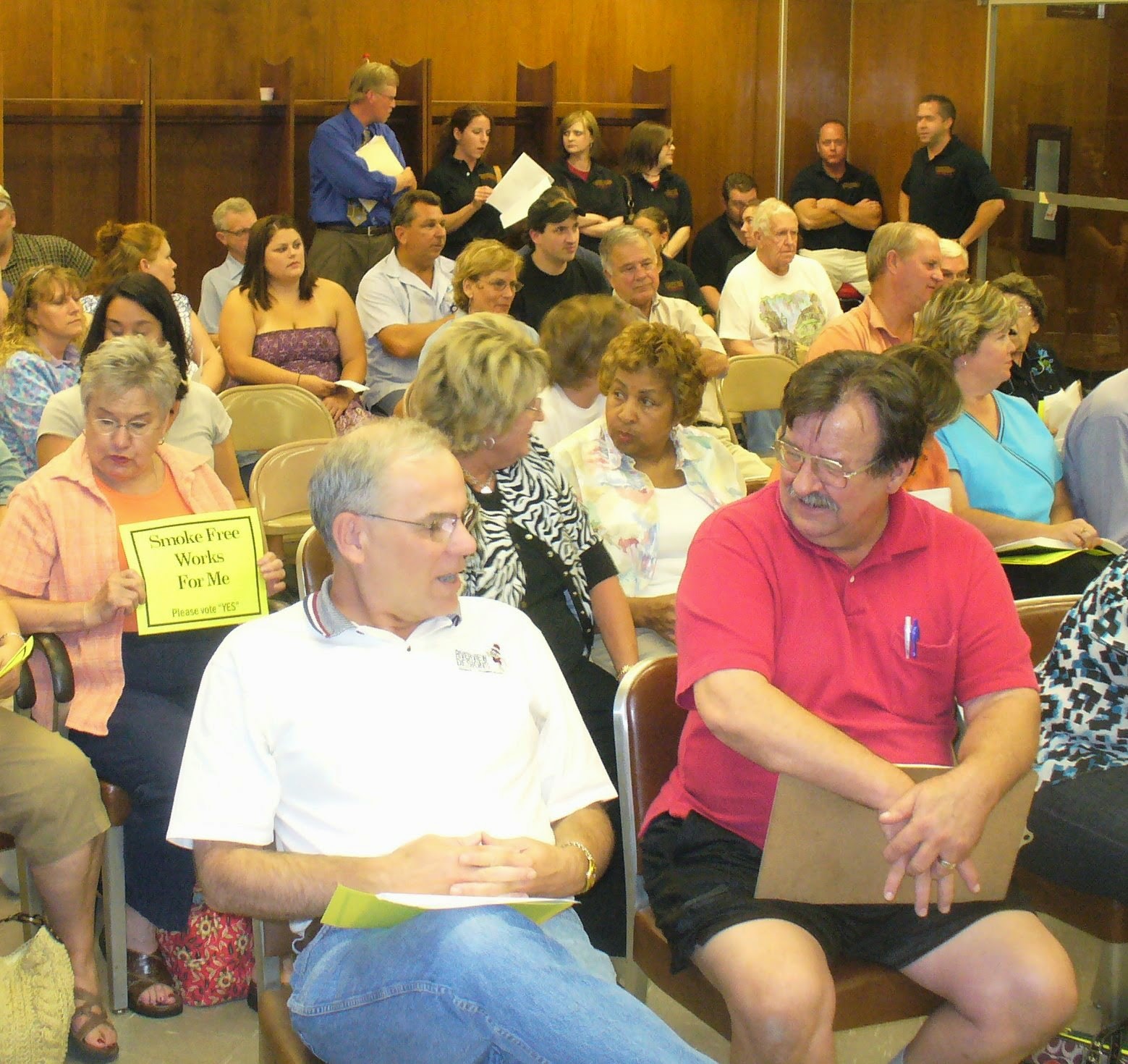
The whole life of the inferior man, including especially his so-called thinking, is purely a biochemical process, and exactly comparable to what goes on in a barrel of cider.
— H. L. Mencken
It is said that the fabled American journalist, writer and social commentator H. L. Mencken (1880-1956) celebrated the repeal of Prohibition by drinking a glass of cold water.
“My first in 13 years,” he explained.
Who was this wordsmith known as “The Sage of Baltimore”? The Encyclopedia Brittanica provides the necessary background.
H.L. Mencken, in full Henry Louis Mencken … controversialist, humorous journalist, and pungent critic of American life who powerfully influenced U.S. fiction through the 1920s … Mencken was probably the most influential American literary critic in the 1920s, and he often used his criticism as a point of departure to jab at various American social and cultural weaknesses.
Controversialist – now there’s a wonderful word, indeed.
A person who disputes; who is good at or enjoys controversy.
Mencken’s written output of curmudgeonly feistiness verifies his mastery of the polemical arts, and as such, you can count him among my most prominent role models.
In addition, as a militant German-American enduring a “dry” era brought about by the same religious zealots, health fascists, cultural terrorists and bubble-headed activists now inhabiting local health departments nationwide, Mencken was not averse to the merits of the tall, cool one.
Mencken was one of the earliest advocates of unrestricted bile as a means of equal opportunity, and understood that common sense is remarkably uncommon.
Common sense really involves making full use of all the demonstrable evidence and of nothing but the demonstrable evidence.
In short, Mencken was an iconoclast of the highest order, and so the word itself is worth revisiting.
1. A person who attacks cherished beliefs, traditional institutions, etc., as being based on error or superstition.
2. A breaker or destroyer of images, especially those set up for religious veneration.
To hell with Walt Disney. My heroes have always been iconoclasts. From Socrates through Tom Paine, and Mencken through Hunter S. Thompson, there’s nothing as thrilling to me as an iconoclast taking a headlong swipe at cherished, unexamined assumptions. Better yet, given my own career as a tippler …
tippler (noun)
A person who is habitually drunk: drunk, drunkard, inebriate, sot.
Slang: boozehound, boozer, lush, rummy, soak, souse, sponge, stiff.
… the most wonderful aspect of iconoclasm is that rampant personal dissipation does not pre-empt the message.
It actually may enhance it.
My current personal reading selection is The War on Alcohol: Prohibition and the Rise of the American State, by Lisa McGirr. This sad history documents what can go wrong when abstinence from alcoholic beverages is legislated by government, and of course Mencken well understood the implications of this habit of mind.
Teetotalism does not make for human happiness; it makes for the dull, idiotic happiness of the barnyard. The men who do things in the world, the men worthy of admiration and imitation, are men constitutionally incapable of any such pecksniffian stupidity. Their ideal is not a safe life, but a full life; they do not try to follow the canary bird in a cage, but the eagle in the air. And in particular they do not flee from shadows and bugaboos. The alcohol myth is such a bugaboo. The sort of man it scares is the sort of man whose chief mark is that he is scared all the time.
The richness of Mencken’s writing reached well beyond newspapers, magazine essays and polemics to history and etymology.
In particular, he was a scholar of the American tongue, documenting the “old” English language’s transformation into something new, vital and distinctly ours. Here is a brief excerpt from Mencken’s seminal The American Language: An Inquiry into the Development of English in the United States (Fourth Edition, 1937):
“An English saloon-keeper is officially a licensed victualler. His saloon is a public house, or, colloquially, a pub. He does not sell beer by the bucket, can, growler, shell, seidel, stein or schooner, but by the pint, half-pint or glass. He and his brethren, taken together, are the licensed trade, or simply the trade. He may divide his establishment into a public-bar, a saloon-bar and a private-bar, the last being the toniest, or he may call his back room a parlour, snug or tap-room. If he has a few upholstered benches in his place he may call it a lounge. He employs no bartenders. Barmaids do the work, with maybe a barman, potman or cellarman to help.
“Beer, in most parts of Great Britain, means only the thinnest and cheapest form of malt liquor; better stuff is commonly called bitter. When an Englishman speaks of booze he means only ale or beer; for our hard liquor (a term he never uses) he prefers spirits. He uses boozer to indicate a drinking-place as well as a drinker. What we call hard cider is rough cider to him. He never uses rum in the generic sense that is has acquired in the United States, and knows nothing of rum-hounds, rum-dumbs, rum-dealers, the rum-trade, and the rum-evil, or of the Demon Rum.
“The American bung-starter is a beer-mallet in England, and, as in this country, it is frequently used for assault and homicide.”
Closing note: Today’s thoughts have been adapted from previous columns.











